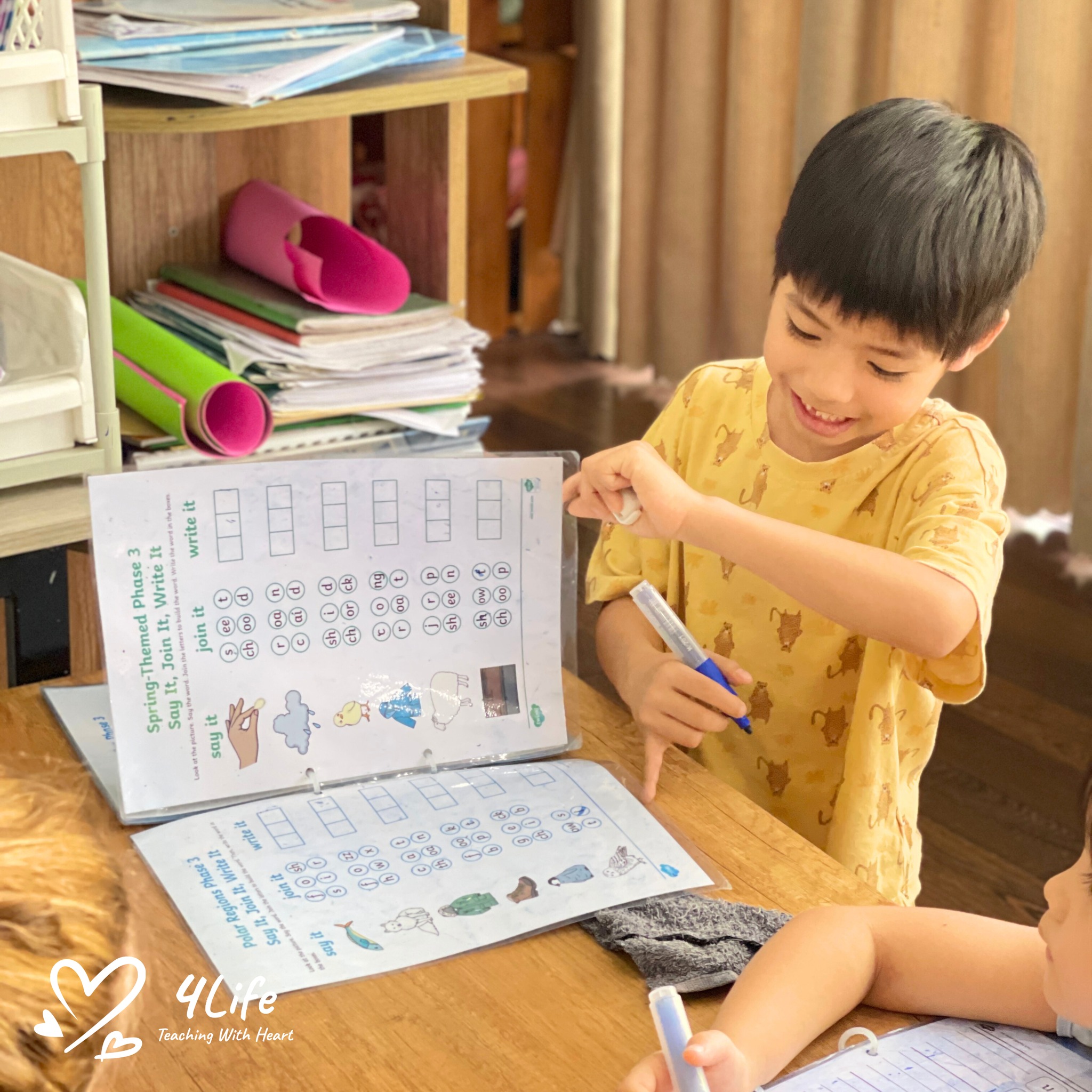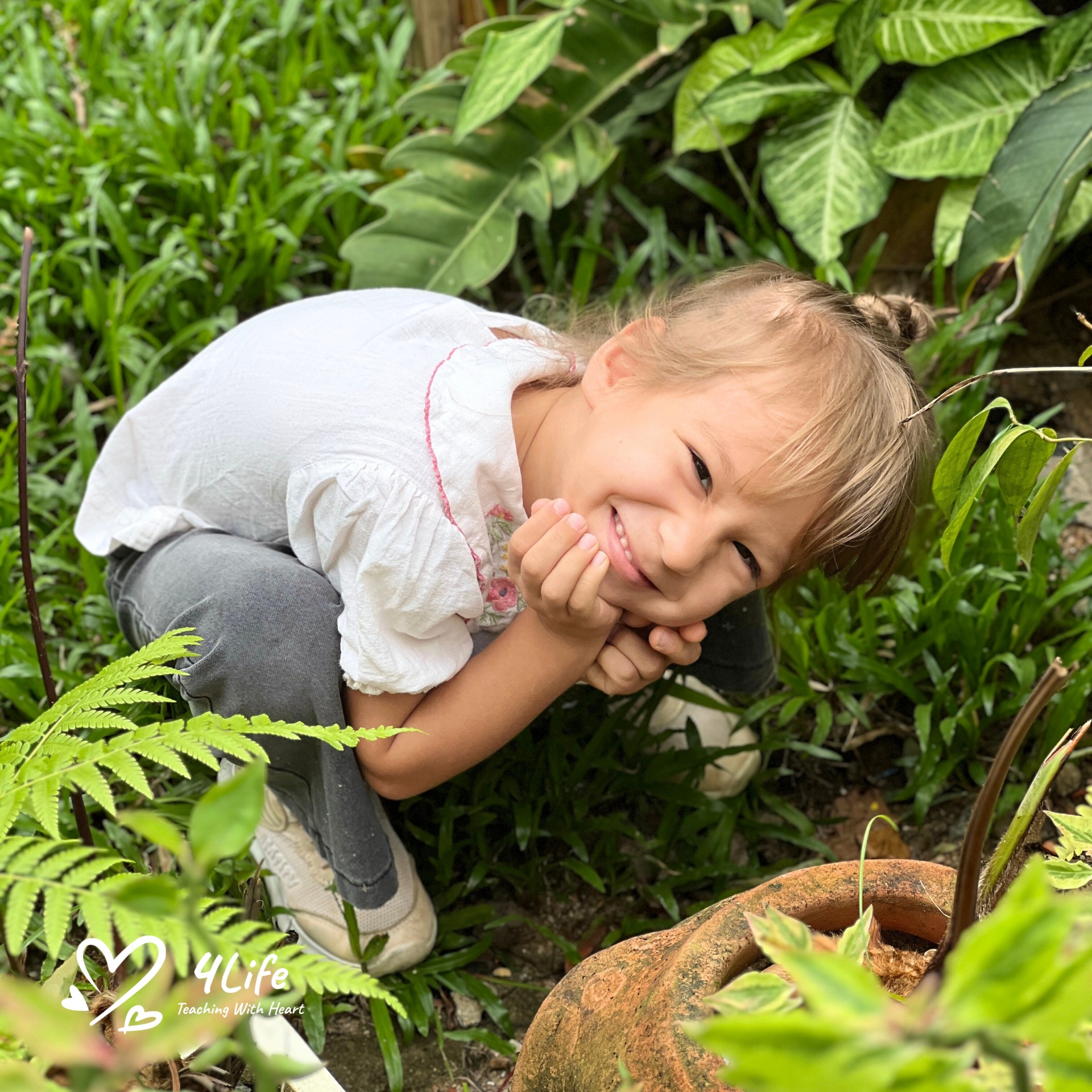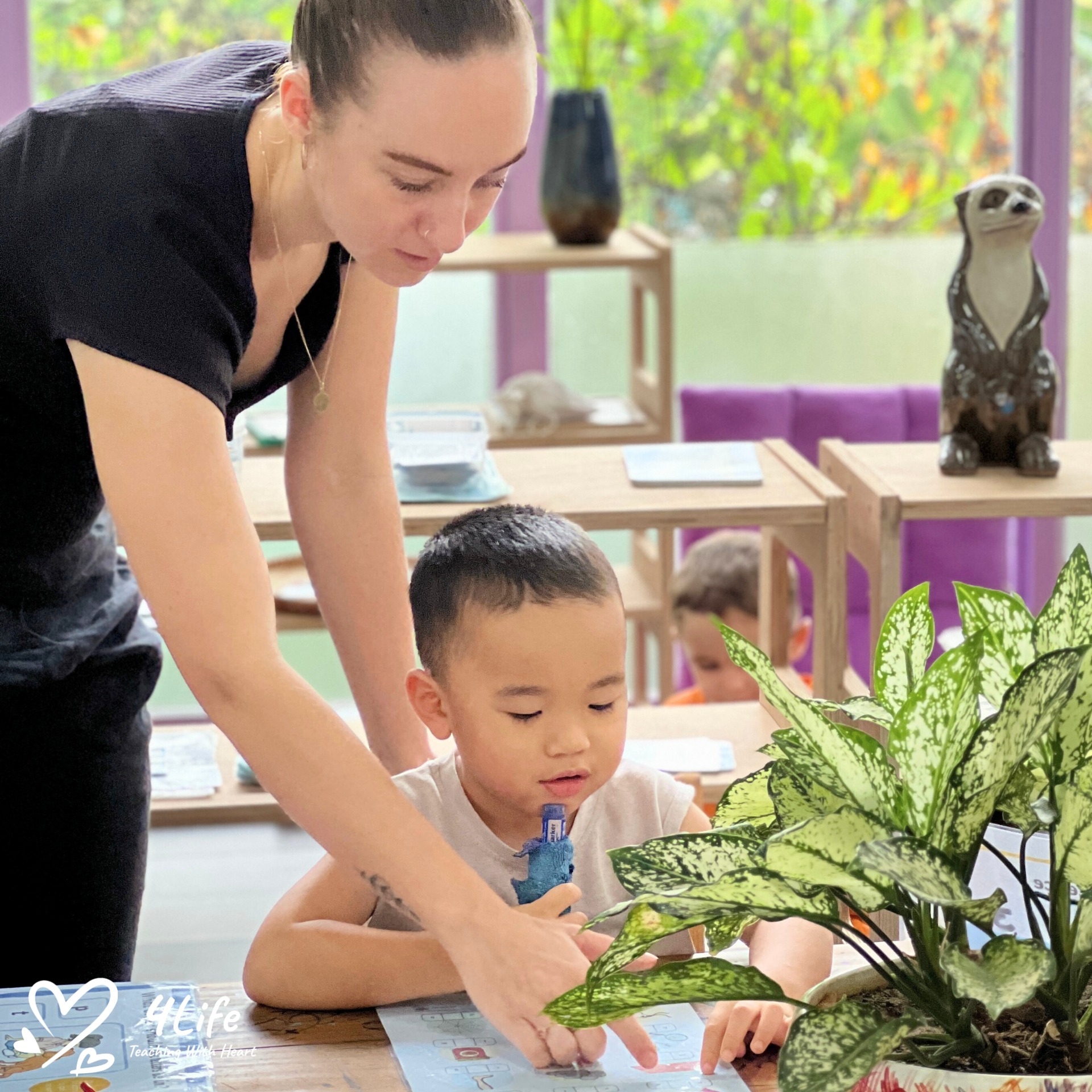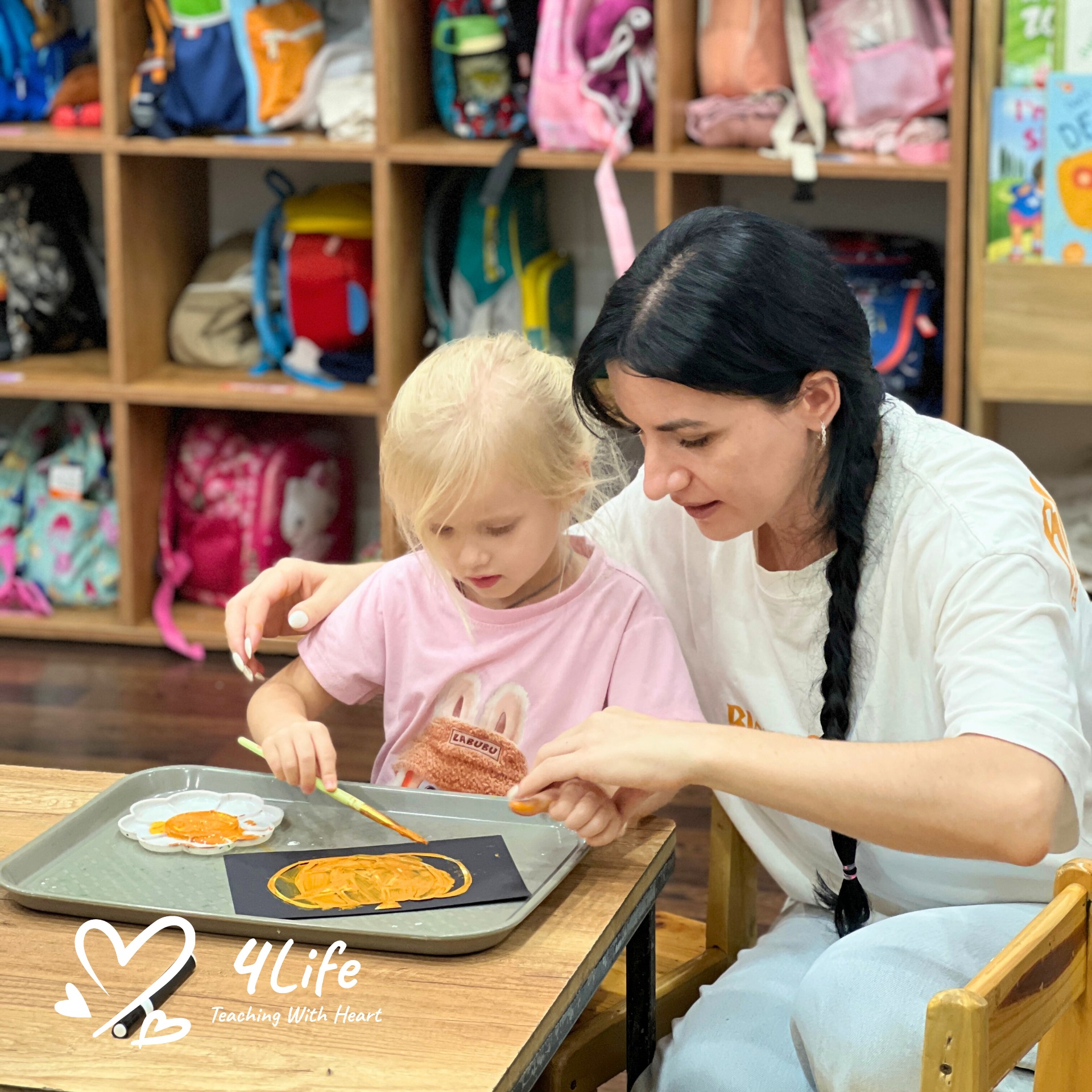Finding a common parenting style is key to building a peaceful, loving, and respectful home. When parents align on how to guide and support their child, it creates a strong sense of safety and consistency. Let’s find out with 4Life Education how families can come together to raise confident, kind-hearted children.
Why finding a common parenting style matters?
When two individuals become parents, they each carry their own beliefs, habits, and childhood experiences into the parenting journey. Often, these differences only surface when decisions need to be made—how to discipline, how much screen time is allowed, or how to respond to a tantrum.

Why finding a common parenting style matters?
Without clear communication, these differences can lead to confusion—not only for the parents but especially for the child. Children thrive on consistency. When they receive mixed messages from caregivers, they may become unsure of rules and expectations, and may begin to push boundaries or act out for clarity.
Finding a common parenting style doesn’t mean both parents must be the same in every situation. Instead, it means working together to create shared values and predictable responses that support the child’s emotional and behavioral development.
Understanding the three parenting styles
Parenting experts often describe three main styles:
– Strict parenting emphasizes obedience, rules, and consequences. Children in this environment may become disciplined but could struggle with self-expression or fear making mistakes.
– Permissive parenting allows children a great deal of freedom with minimal structure. This may nurture creativity, but without boundaries, children may feel uncertain or overwhelmed.
– Balanced parenting offers clear expectations while giving children room to grow, speak up, and make choices within limits.
At 4Life Education, we encourage the balanced approach. It combines structure with empathy. It guides rather than controls. And most importantly, it helps children feel safe while learning how to make thoughtful decisions.

Understanding the three parenting styles
Respecting differences and staying united
Even in the most loving relationships, parenting disagreements will happen. One parent may believe in time-outs while the other prefers gentle reminders. One may prioritize early bedtimes, while the other values flexibility.
What matters most is how parents handle these differences. Disagreeing in front of a child, or telling the child that the other parent is wrong, weakens the parenting bond. It puts the child in the middle, which can create stress, anxiety, or manipulation.
Instead, support your partner in the moment—even if you disagree. Later, discuss your concerns privately and calmly. This models respectful communication and teaches children that even adults continue to learn, adapt, and collaborate.
Creating shared routines and rules
To find common ground, start by talking about daily routines and how you both want your home to feel. What are the non-negotiables in your family? What behaviors are you trying to nurture?

Finding A Common Parenting Style
Here are a few questions that can guide your conversation:
– What are our values when it comes to discipline?
– How do we want to communicate with our child?
– What household responsibilities should our child begin to learn?
– How will we handle disagreements about parenting decisions?
The more you talk, the easier it becomes to create a shared rhythm. Children feel most confident when their world is predictable. When both parents react to behavior in a similar way, it builds trust and emotional security.
The power of preparation and learning
No one is born knowing exactly how to be a parent. Learning together is a powerful step toward unity. Taking parenting classes, reading books, or joining workshops can give both parents a common language and clearer understanding of child development.
When you prepare together, you not only align your approaches—you also build a strong foundation of teamwork. Talk through possible challenges before they happen. What will you do if your child refuses to do chores? How will you encourage kindness and responsibility?
Proactive conversations like these reduce stress and allow both parents to feel more confident and prepared.
4Life Education offers opportunities to explore these topics in depth. Let’s find out together how shared learning leads to stronger parenting.
Modeling respectful behavior
Children watch more than they listen. They learn how to solve problems, express emotions, and communicate by observing the adults around them. That’s why it’s important that parents model the behaviors they hope to see in their children.

Finding A Common Parenting Style
This includes how you manage disagreements. If your child sees you and your partner working through a tough moment with respect and kindness, they are more likely to do the same with others.
Choosing unity over conflict doesn’t mean hiding your feelings. It means showing your child that differences can be handled thoughtfully. And that love and respect are always at the center of family life.
Involving grandparents and other caregivers
In many families, grandparents are a loving and valuable presence in a child’s life. They offer stories, hugs, and wisdom—and often help with daily caregiving. However, it’s important that all caregivers understand and respect your shared parenting style.
Have gentle conversations with grandparents about your expectations. Explain why routines and consistency matter to your child’s emotional well-being. Be open, but clear.
It’s okay if grandparents have their own way of doing things—just make sure that on the key issues, like discipline or safety, everyone is on the same page.
With clear communication, grandparents become powerful partners in nurturing your child’s growth.
When to seek extra support?
Sometimes, even with the best intentions, parents struggle to find agreement. If your conversations feel tense, repetitive, or emotionally heavy, it may be time to seek outside help.

When to seek extra support?
A family counselor, parenting coach, or educator can offer guidance, perspective, and new tools. Reaching out is not a sign of weakness—it’s a sign of love and commitment to your family.
At 4Life Education, we understand that parenting is a journey. You don’t have to walk it alone. Let’s find out together how to create a parenting partnership that truly supports your child.
Finding a common parenting style supports your child’s growth by creating a consistent, respectful, and loving home environment. When caregivers work together, children feel more secure, learn better boundaries, and develop healthy emotional skills. Whether you’re just beginning or refining your approach, remember that unity, communication, and flexibility are your greatest tools.








0 Comments